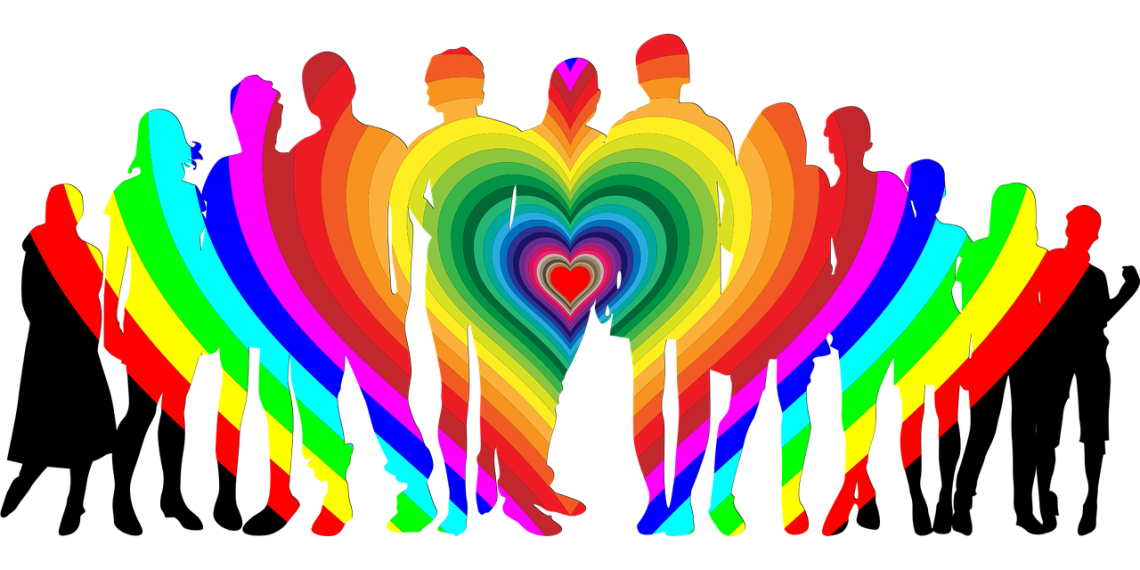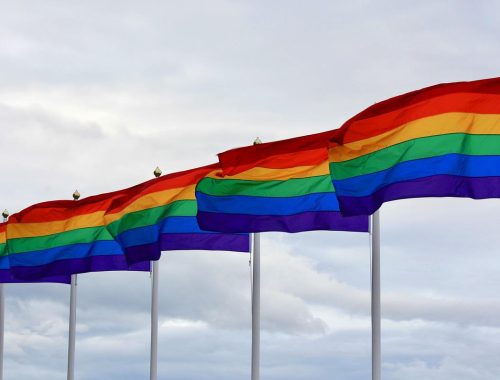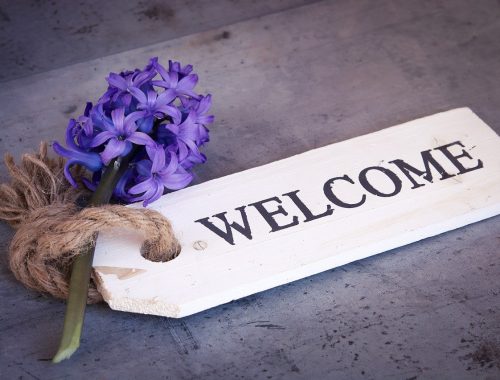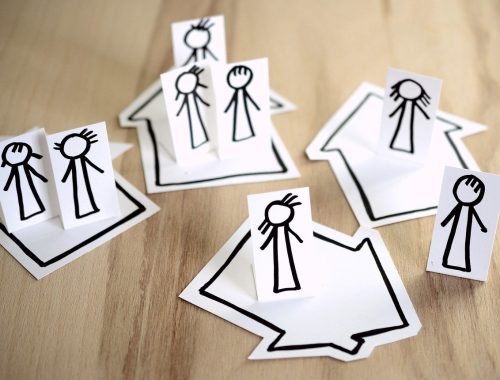
Growing up without parents vs having gay parents
There is still quite a lot of social prejudice and stigma regarding same-sex couples adopting children. Are those poor kids going to get “infected” with their adoptive parents’ homosexuality? Is the fact of having two mothers or two fathers going to mess them up for life depriving them of the “correct” role models? Is it better – like Rick Santorum once claimed – to have a father in jail than to have gay parents?
Although assumptions like those might seem valid for some, specialists in child development have no doubt that being raised by loving parents – even if they are gay – is way better than having to grow up with no parents at all.
Out of several options that the American child welfare system has to offer (foster care, boarding schools, or group homes), finding a loving family for an abandoned, neglected, abused, or orphaned child is paramount for his or her emotional well-being and growth.
Child development basics
What is it that a child needs to thrive? According to CDC (Center for Disease Control and Prevention), the healthy development of a child means:
- being able to grow up where their social, emotional, and educational needs are met,
- having a safe and loving home,
- spending time with family (playing, singing, reading, and talking),
- being provided proper nutrition, exercise, and sleep.
With those indications in mind, let’s ask ourselves if a public system, even the best one, can really meet all the needs of a parentless child. Although clothing and feeding them, making sure they attend school and exercise are important and can be ensured by any adult in charge, only parents (birth or adoptive) can truly make a child feel loved.
Unconditional emotional support and love, surely important for any child, make a huge difference in the case of children coming from an abusive environment, allowing them to heal and trust again. Being cared for by a dedicated adopted family also plays a crucial role for kids with disabilities and genetic conditions – a common reason for their abandonment by birth parents.
Foster care and adoption statistics
One might ask, however, if LGBTQ adoption really is necessary. Aren’t there enough straight couples willing to adopt? Unfortunately, children waiting to be adopted greatly outnumber the eligible couples who consider adoption as a way to build a family. What’s more, many of those children don’t really “fit” the description of an ideal child. They might be too old, too damaged, too sick, have too many siblings, or not be white enough.
The latest AFCARS (Adoption and Foster Care Analysis and Reporting System) report only confirms this sad reality. In 2020, over 400 thousand children were registered for foster care. 117 thousand of them are waiting for placement in a permanent home. Adoption statistics in the US are quite discouraging, too. In 2020 only 95,306 children were adopted, as compared to 115,353 in 2019.
Why gay parents may be the best parents?
With so many kids longing for a family, why wouldn’t you give gay or lesbian couples an opportunity? Especially since the ones who have been granted adoption rights have proven to take their parental duties very seriously making sure to create a loving and caring family for their adopted children.
According to Abbie Goldberg, a psychologist at Clark University in Massachusetts and the author of many books and articles on the LGBTQ community, “gay parents tend to be more motivated, more committed, and more involved than heterosexual parents on average because they chose to be parents”. Exactly! The chance of accidental pregnancy in same-sex couples doesn’t seem too big, does it?
Research also suggests that gays and lesbians tend to be less “picky” when adopting a child. Knowing that adoption might be their only chance to become parents, they are often willing to take in kids nobody else wants.
David Brodzinsky, a researcher, and co-editor of “Adoption by Lesbians and Gay Men: A New Dimension of Family Diversity” states that same-sex couples are also more accepting of open adoptions which allow birth parents to retain some contact with their children.
Growing up with gay parents – does it really mess you up?
The social prejudice towards same-sex couples raising children and the discrimination those couples often face when trying to adopt comes mostly from the assumption that it will somehow hinder the child’s proper development. Let’s see how true this supposition actually is.
A recent study on behavioral outcomes of children with same-sex parents seems to provide an answer to that question. 62 children (aged 6-16) raised by same-sex parents were compared with 72 peers living with heterosexual parents.
When analyzing their social behavior, emotional adjustment, peer relations, and other potential problems, it has been found that children raised by gay or lesbian parents are just as well adjusted as kids who have different-sex parents.
According to Dr. Mirjam Fischer – the lead researcher involved in the study – those findings “clearly show that same-sex families have strong resilience strategies to protect their children from legal hurdles and societal rejection”.
With these new data on hand, there is no more room for myths and false assumptions. By restricting the LGBTQ community’s right to adopt we are not only smashing those couples’ dreams to become parents but also – and most importantly – depriving so many children of the opportunity to have a loving family.

Gay parenting in different countries
You May Also Like

Gay parenting in different countries
April 27, 2022
Welcome to LGBTQ Parenting Connection!
February 5, 2022